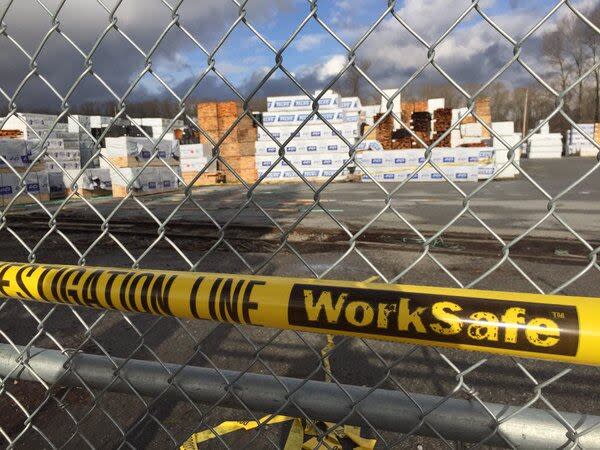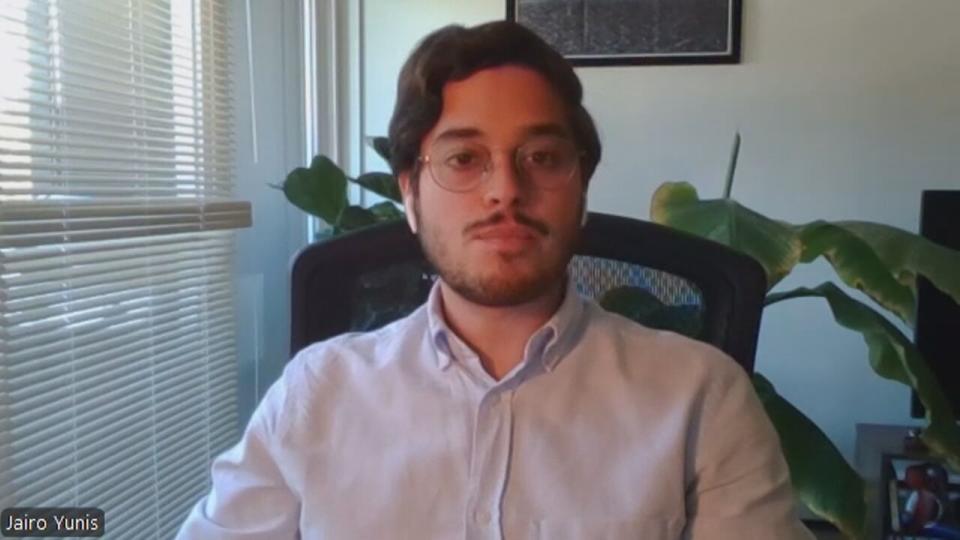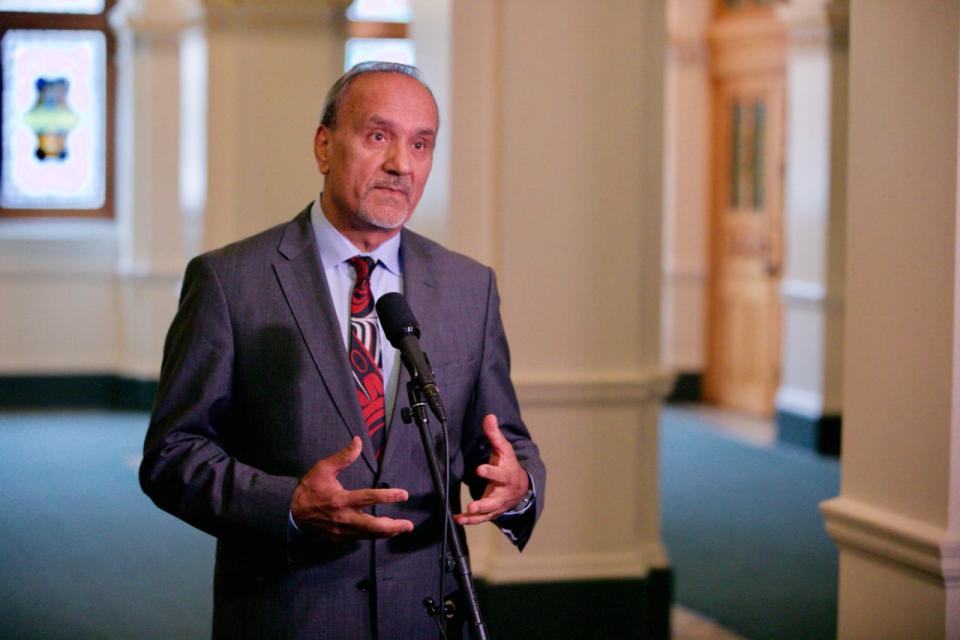
An group entrance corridor workforce is getting in contact with rural work surroundings regulatory authority WorkSafeBC to return extra funds to small corporations in B.C., stating the funds will definitely use alleviation amidst rising bills and monetary stress.
The latest report from the Canadian Federation of Independent Business ( CFIB) approximates the district’s staff’ settlement board has an extra of $2 billion, which the CFIB claims have to be distributed to neighborhood corporations.
“WorkSafeBC is significantly overfunded,” acknowledged Jairo Yunis, the federation’s supervisor of B.C. and western monetary plan.
The rural staff’ settlement board presently surpasses its financing diploma by 42 p.c, over its goal of operating with a 30 p.c extra, claims the federation, which stands for 10,000 little and medium-sized corporations in B.C.
“That means they aim to have 30 per cent more assets than liabilities as a buffer for unexpected costs or financial downturns,” Yunis included.


Jairo Yunis, CFIB’s supervisor of B.C. and western monetary plan, claims giving refunds making use of additionally part of the surplus will definitely not place WorkSafeBC’s financial safety in jeopardy. (CBC News)
Over the earlier 3 years, the CFIB studies that WorkSafeBC has truly repeatedly surpassed its goal financing. By completion of 2022, the corporate tape-recorded a 46 p.c extra, which expanded to 55 p.c in 2023, inflicting extra funds finishing $3.5 billion that 12 months alone.
This extra, CFIB recommends, may be partly gone again to corporations, presumably giving a traditional native enterprise with 5 employees as a lot as $3,810.
While 9 out of 12 staff settlement boards all through Canada have truly executed refund plans, WorkSafeBC has but to do the identical, claims Yunis.
In present years, varied different districts have truly taken comparable actions. Manitoba’s Workers Compensation Board returned $118 million to corporations in 2024, whereas the board in Prince Edward Island returned $21 million in 2023.
“It’s time for WorkSafeBC to step up, to follow the example,” acknowledged Yunis.
WorkSafeBC not moneyed by gov’ t
However, WorkSafeBC claims extra funds have truly been utilized to protect decreased prices costs for corporations.
The regulatory authority is required by the Workers Compensation Act to determine the amount that corporations must pay yearly to cash the workers’ settlement system.
This money is utilized to cowl bills linked to occupational accidents or situations, consisting of healthcare, shed incomes, rehab, and administration.
In a declaration to CBC, the board claims it has truly remained in a stable financial setting and has truly had the flexibility to determine the standard amount, that corporations pay in prices, lower than what it in truth units you again to cowl these instances.
“The average base rate has been flat since 2018, despite some of the highest inflation in decades,” an agent acknowledged. “In 2025, for example, if there was no surplus, the average premium base rate would need to increase from $1.55 to $1.78, a 15 per cent increase.”
WorkSafeBC doesn’t receive any sort of money from the agricultural federal authorities, based on the work surroundings regulatory authority.
“We are funded by premiums paid by employers and investment returns,” the agent acknowledged.


Harry Bains, the work preacher and MLA for Surrey-Newton, claims WorkSafeBC’s extra is usually because of its roi. (Michael McArthur/CBC)
Labour Minister Harry Bains acknowledged the difficulties handled by small corporations, but highlighted the worth of preserving the safety of the workers’ settlement system.
“We are taking action to help small businesses with costs and support them so they can succeed, including increasing the employer health tax threshold exemption so 90 per cent of businesses are exempt, and keeping the small business tax rate low,” he acknowledged in a declaration.
